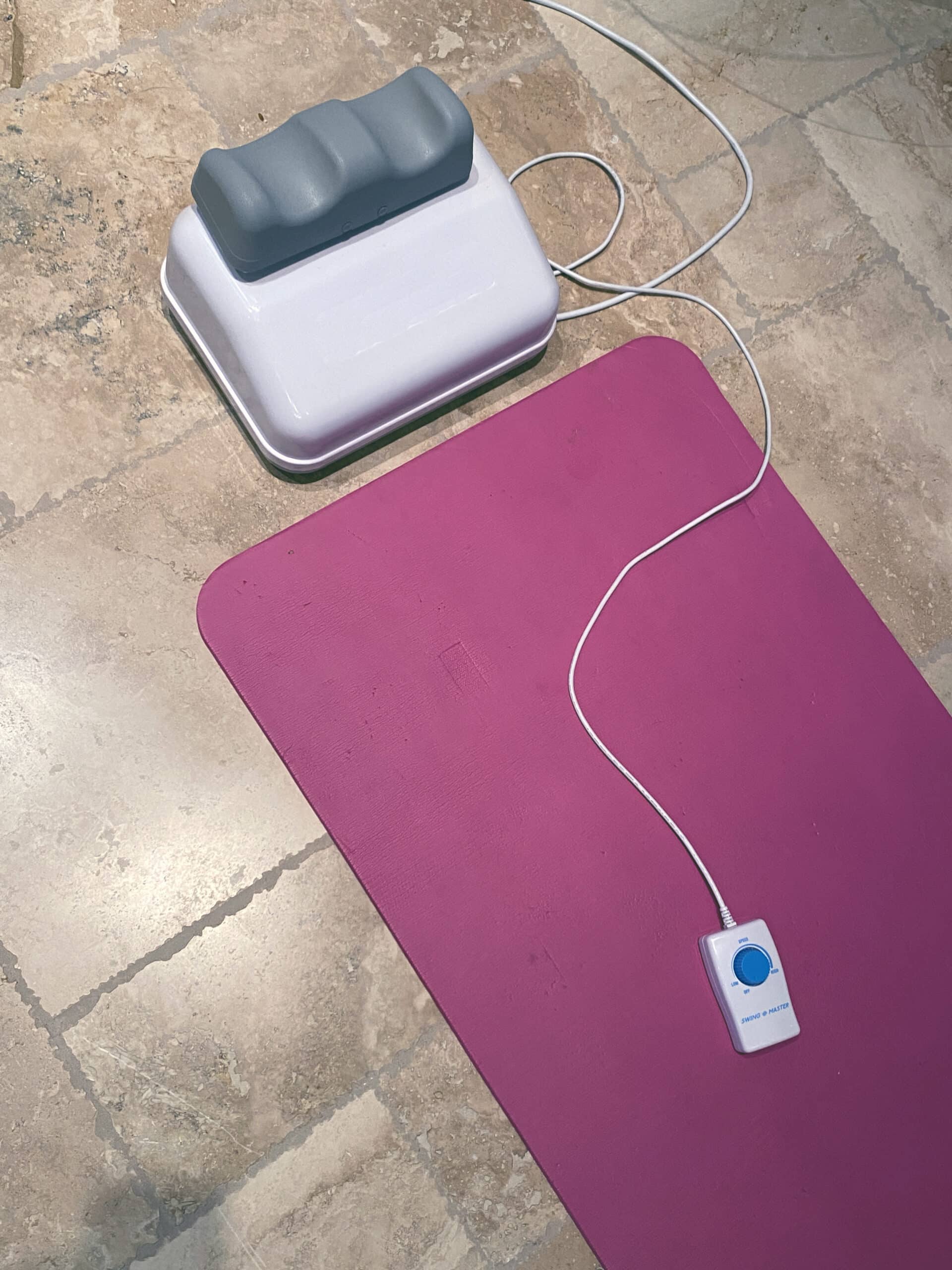Living with Chronic Inflammatory Response Syndrome (CIRS) is like living in a constant battle between your body and mind. On the outside, you may look healthy to others, but inside, you’re dealing with a complex and debilitating condition that affects nearly every aspect of your life. For those suffering from CIRS, daily life can feel like an unpredictable roller coaster—one where you’re not always sure if you’re going to feel okay or if a sudden flare-up will leave you exhausted, confused, or in pain.
In this blog post, we will explore what it truly feels like to live with CIRS, from the physical and mental challenges to the emotional toll it can take. Understanding the lived experience of CIRS helps shed light on the unseen struggles that people with this condition face on a daily basis.

The Physical Struggles of CIRS
Chronic Fatigue
One of the hallmark symptoms of CIRS is chronic fatigue, but it’s not the kind of tiredness you can fix with a good night’s sleep. It’s an overwhelming, persistent exhaustion that feels like a weight pressing down on your body at all times. Even after sleeping for hours, you wake up feeling just as tired as when you went to bed. The fatigue can be so debilitating that even simple tasks, like getting out of bed or taking a shower, feel like monumental challenges. It can rob you of the energy you need to do things you once enjoyed, leaving you feeling drained and defeated.
Brain Fog and Cognitive Dysfunction
If you’ve ever had a “bad” day when you can’t think straight, imagine that feeling stretched out over weeks, months, or even years. Brain fog is one of the most frustrating symptoms of CIRS. It affects your ability to focus, process information, and remember things. Conversations may become harder to follow, and tasks that once felt easy, like reading a book or following a simple set of instructions, can become overwhelming.
You may struggle to recall words in the middle of a sentence, or forget appointments and deadlines, even though you’ve set reminders. It’s as if your brain is constantly in a haze, and no matter how hard you try, it’s difficult to break through the fog and think clearly. This cognitive dysfunction is often one of the hardest parts of living with CIRS, especially when others don’t understand that you’re struggling.
Joint and Muscle Pain
Many people with CIRS experience chronic pain, especially in their joints and muscles. It can feel like a constant ache or stiffness in your body, as if you’ve been overexerting yourself for days without rest. Even if you’ve had no physical activity to cause such discomfort, your muscles may feel sore and tense, and your joints may feel inflamed and swollen. This persistent pain can limit your mobility and prevent you from doing simple tasks like walking, lifting objects, or even bending down to pick something up.
Sensitivity to Light, Sound, and Smell
Another common symptom of CIRS is increased sensitivity to environmental stimuli, such as light, sound, and smell. Bright lights might cause headaches or make you feel nauseous, while loud noises might feel unbearable or trigger anxiety. Certain smells—especially mold, chemicals, or strong perfumes—can trigger migraines, make you feel dizzy, or cause shortness of breath. Everyday environments can quickly become overwhelming, and navigating the world with heightened sensory sensitivity can make it feel like you’re living in a constant state of discomfort.
Digestive Issues
CIRS often affects the digestive system, leading to symptoms like bloating, diarrhea, constipation, and general gastrointestinal discomfort. These issues can further contribute to feelings of fatigue and discomfort. It’s not uncommon for people with CIRS to feel like their digestive system is out of sync with their body, making it difficult to feel “normal” or comfortable in your own skin.
The Mental and Emotional Struggles of CIRS
The Isolation of Invisible Illness
One of the hardest parts of living with CIRS is the lack of visible symptoms. You may look fine to others, which leads to the frustrating experience of having your illness invalidated by well-meaning friends, family, or colleagues. They might say things like, “But you look fine,” or “It’s just stress,” not realizing the severe toll your body is enduring.
This can make you feel isolated and alone, as if you’re stuck in a body that others cannot understand or empathize with. You may feel as though you’re constantly explaining yourself or justifying why you can’t participate in activities or perform daily tasks. The emotional weight of constantly being misunderstood can be just as draining as the physical symptoms themselves.
Anxiety and Depression
Living with CIRS can create an overwhelming sense of uncertainty about your health, leading to anxiety about what the future holds. Will the symptoms get worse? Will you ever get better? These questions may constantly run through your mind, especially when your symptoms seem to fluctuate or when you feel like you’re not making progress in your healing journey.
For many CIRS patients, this uncertainty triggers feelings of hopelessness, despair, and depression. The physical symptoms and mental toll of the illness can intertwine, making it difficult to see a way out or envision a life where you’re not constantly battling with your body.
Frustration with a Lack of Answers
CIRS is still not widely recognized in mainstream medicine, and the diagnostic process can be long, frustrating, and exhausting. Doctors may dismiss your symptoms, or you may be misdiagnosed with conditions like fibromyalgia, chronic fatigue syndrome, or even mental health issues. The lack of clarity about what’s causing your illness can leave you feeling stuck, and frustration sets in when you’re constantly searching for answers that seem just out of reach.
The lack of answers can also affect your sense of identity. You may find yourself asking, “Who am I if I’m constantly sick? What happened to the person I used to be?” The uncertainty around your condition can contribute to a sense of loss—loss of self, loss of normalcy, and loss of a future that once seemed bright.
What It Feels Like to Live Day-to-Day with CIRS
Every day is unpredictable. Some days, you might wake up feeling like you can take on the world, only to be knocked down later by a sudden flare-up of symptoms. On other days, it can feel like getting out of bed is a victory, and even the simplest tasks—like eating, showering, or brushing your teeth—can seem insurmountable.
You may spend your days managing symptoms, adjusting to the fluctuating nature of your condition, and trying to conserve your energy for what matters most. Planning anything beyond a few hours in advance can feel impossible, and you might cancel plans or miss important events because of how unpredictable the illness is.
It’s a daily balancing act: doing your best to function while simultaneously recognizing that your body is telling you it’s not okay. Sometimes, the emotional and physical exhaustion of managing CIRS feels like you’re running on empty, yet you still have to keep going.
The Hope for Healing
Though CIRS is challenging, there is hope. With the right treatment, lifestyle changes, and support, many people living with CIRS find ways to manage and improve their symptoms. This often involves addressing the environmental triggers, engaging in detoxification, and focusing on a holistic approach to healing that includes both body and mind.
It’s important to know that if you’re living with CIRS, you are not alone in your experience. There is a growing community of people who understand what it’s like to face this illness and are working toward greater awareness and support.
Conclusion
Living with CIRS feels like a constant balancing act between hope and struggle, between symptoms and moments of clarity. It’s a journey filled with ups and downs, frustration and small victories. But through it all, it’s important to remember that you are more than your illness. Your experience, while challenging, is part of a larger story—one that includes healing, support, and ultimately, the hope of a better tomorrow.
If you are struggling with CIRS, remember to reach out for the support you need—whether it’s medical guidance, emotional support from loved ones, or connection with others who understand what you’re going through. Healing is a long and often difficult road, but it is possible.






